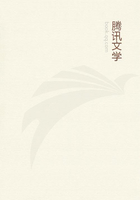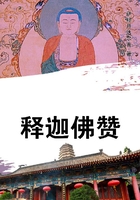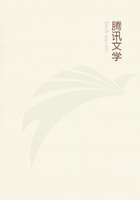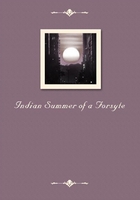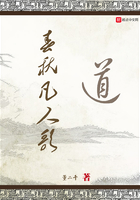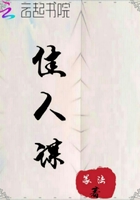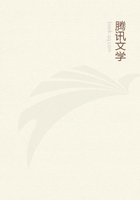"He woulde sowe some difficulty, Or springe cockle in our clean corn."(The nickname Lollards was erroneously derived from "lolia" (tares).)After each of the pilgrims except the "Parson" has told a tale (so that obviously Chaucer designed one of the divisions of his work to close with the "Parson's"), he is again called upon by the "Host". Hereupon appealing to the undoubtedly evangelical and, it might without straining be said, Wycliffite authority of Timothy, he promises as his contribution a "merry tale in prose," which proves to consist of a moral discourse. In its extant form the "Parson's Tale" contains, by the side of much that might suitably have come from a Wycliffite teacher, much of a directly opposite nature. For not only is the necessity of certain sacramental usages to which Wyclif strongly objected insisted upon, but the spoliation of Church property is unctuously inveighed against as a species of one of the cardinal sins. No enquiry could satisfactorily establish how much of this was taken over or introduced into the "Parson's Tale" by Chaucer himself. But one would fain at least claim for him a passage in perfect harmony with the character drawn of the "Parson" in the "Prologue"--a passage (already cited in part in the opening section of the present essay) where the poet advocates the cause of the poor in words which, simple as they are, deserve to be quoted side by side with that immortal character itself. The concluding lines may therefore be cited here:--Think also that of the same seed of which churls spring, of the same seed spring lords; as well may the churl be saved as the lord. Wherefore Icounsel thee, do just so with thy churl as though wouldest thy lord did with thee, if thou wert in his plight. A very sinful man is a churl as towards sin. I counsel thee certainly, thou lord, that, thou work in such wise with thy churls that they rather love thee than dread thee. I know well, where there is degree above degree, it is reasonable that men should do their duty where it is due; but of a certainty, extortions, and despite of our underlings, are damnable.
In sum, the "Parson's Tale" cannot, any more than the character of the "Parson" in the "Prologue," be interpreted as proving Chaucer to have been a Wycliffite. But the one as well as the other proves him to have perceived much of what was noblest in the Wycliffite movement, and much of what was ignoblest in the reception with which it met at the hands of worldlings--before, with the aid of the State, the Church finally succeeded in crushing it, to all appearance, out of existence.
The "Parson's Tale" contains a few vigorous touches, in addition to the fine passage quoted, which make it difficult to deny that Chaucer's hand was concerned in it. The inconsistency between the religious learning ascribed to the "Parson" and a passage in the "Tale," where the author leaves certain things to be settled by divines, will not be held of much account. The most probable conjecture seems therefore to be that the discourse has come down to us in a mutilated form. This MAY be due to the "Tale" having remained unfinished at the time of Chaucer's death: in which case it would form last words of no unfitting kind. As for the actual last words of the "Canterbury Tales"--the so-called "Prayer of Chaucer"--it would be unbearable to have to accept them as genuine. For in these the poet, while praying for the forgiveness of sins, is made specially to entreat the Divine pardon for his "translations and inditing in worldly vanities," which he "revokes in his retractions." These include, besides the Book of the Leo (doubtless a translation or adaptation from Machault)and many other books which the writer forgets, and "many a song and many a lecherous lay," all the principal poetical works of Chaucer (with the exception of the "Romaunt of the Rose") discussed in this essay. On the other hand, he offers thanks for having had the grace given him to compose his translation of Boethius and other moral and devotional works. There is, to be sure, no actual evidence to decide in either way the question as to the genuineness of this "Prayer," which is entirely one of internal probability. Those who will may believe that the monks, who were the landlords of Chaucer's house at Westminster, had in one way or the other obtained a controlling influence over his mind. Stranger things than this have happened; but one prefers to believe that the poet of the "Canterbury Tales" remained master of himself to the last. He had written much which a dying man might regret; but it would be sad to have to think that, "because of humility," he bore false witness at the last against an immortal part of himself--his poetic genius.

